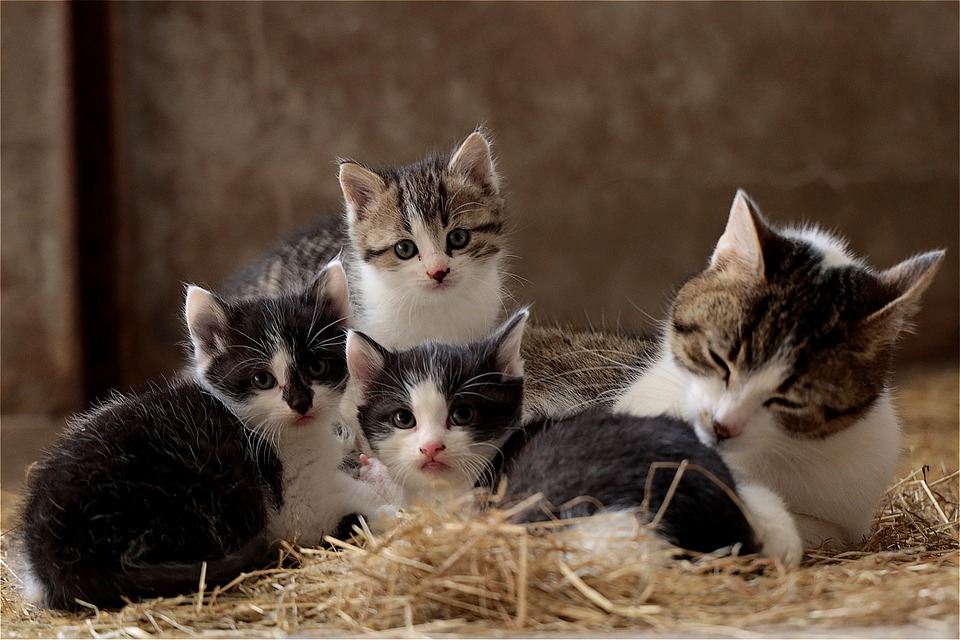Introduction:
Cats are notorious for being independent creatures, and sometimes it can be challenging to determine if they are getting enough water. Proper hydration is crucial for cats to maintain their overall health and well-being. In this article, we will discuss the importance of hydration for cats and provide practical tips on how to ensure your feline friend stays properly hydrated.
Why Hydration is Important for Cats:
1. Understanding the Role of Water in a Cat’s Body:
Water plays a significant role in various bodily functions in cats. It helps with digestion, nutrient absorption, and waste elimination. Water is also essential for regulating body temperature, lubricating joints, and maintaining healthy skin and coat. A cat’s body is composed of around 60-70% water, highlighting its significance in their overall health.
2. Benefits of Proper Hydration:
Proper hydration offers several benefits for cats, including:
– Healthy digestion and prevention of constipation: Adequate water intake helps maintain regular bowel movements and prevents constipation in cats.
– Proper kidney function and prevention of urinary tract issues: Sufficient water intake supports optimal kidney function and reduces the risk of urinary tract infections or stones.
– Optimal temperature regulation and prevention of heatstroke: Cats rely on hydration to regulate their body temperature, especially during hot weather. Insufficient water intake can lead to heatstroke, which can be life-threatening.
– Support for overall organ health and functionality: Water is essential for the proper functioning of all organs, including the heart, liver, and lungs. Adequate hydration ensures these organs can perform their functions effectively.
Signs of Dehydration in Cats:
1. Recognizing Dehydration Symptoms:
It is essential to be able to identify the signs of dehydration in cats. Look out for the following symptoms:
– Lethargy, reduced appetite, or weight loss: Dehydrated cats may appear tired, lose interest in food, or experience weight loss.
– Dry or sticky gums, sunken eyes, or poor skin elasticity: Dehydration can cause dryness in the mouth and gums, sunken eyes, and skin that does not bounce back when gently pinched.
– Decreased urine output or dark-colored urine: Cats who are not drinking enough water may have reduced urine output or produce urine that is darker in color.
2. Testing for Dehydration at Home:
You can perform a simple test to check your cat’s hydration status. Gently pinch the skin on the back of their neck. If it takes longer than usual to return to its original position, your cat may be dehydrated, and you should seek veterinary attention.
Tips to Ensure Proper Hydration for Cats:
1. Offering Fresh and Clean Water:
Always provide fresh, clean water for your cat. Ensure the water bowl is washed and refilled daily to encourage regular drinking. Cats are known to prefer running water, so consider investing in a cat fountain or providing a faucet they can drink from.
2. Encouraging Water Consumption through Diet:
Wet food contains higher water content than dry food, making it a more hydrating option. You can also incorporate moisture-rich foods or homemade broths into your cat’s diet to increase their water intake.
3. Promoting Hydration with Water-Enriched Activities:
Cats are naturally curious, and incorporating water-enriched activities can encourage them to drink more. Consider using cat fountains or running water sources to pique their interest. Interactive toys and puzzles that dispense water can also make drinking more enticing.
4. Monitoring Water Intake and Encouraging Regular Consumption:
Keep track of your cat’s water intake to ensure they are drinking enough. If you have multiple cats, provide multiple water sources to prevent competition and stress. Create a comfortable and stress-free environment for drinking, away from litter boxes or loud noises.
FAQs: Frequently Asked Questions about Cat Hydration:
Q1. How much water should my cat drink per day?
The average cat should drink around 2.5 to 4.5 ounces of water per 5 pounds of body weight per day. However, this can vary depending on factors such as diet, activity level, and weather conditions.
Q2. Can I add flavorings to my cat’s water to encourage drinking?
It is generally not recommended to add flavorings to your cat’s water, as it may deter them from drinking. If you are concerned about their water intake, consult with a veterinarian for alternative solutions.
Q3. Are there any specific breeds or conditions that require extra attention to hydration?
Certain breeds, such as Persians, may require extra attention to hydration due to their predisposition to urinary tract issues. Cats with medical conditions like kidney disease or diabetes may also need increased water intake. Consult with your veterinarian for personalized advice.
Q4. How can I tell if my cat is drinking enough water?
Monitoring your cat’s water intake and observing their urination habits is the best way to determine if they are drinking enough water. If you notice any changes or concerns, consult with a veterinarian.
Q5. What are some alternatives to water if my cat refuses to drink?
If your cat refuses to drink water, you can try incorporating moisture-rich foods, such as wet food or homemade broths, into their diet. Consult with a veterinarian for further guidance on alternative hydration methods.
Conclusion:
Proper hydration is essential for maintaining your cat’s health and preventing various medical issues. By following the tips mentioned in this article and keeping a close eye on your cat’s water intake, you can ensure that your feline friend stays adequately hydrated. Remember, if you notice any signs of dehydration or have concerns about your cat’s water consumption, consult with a veterinarian for further guidance.








